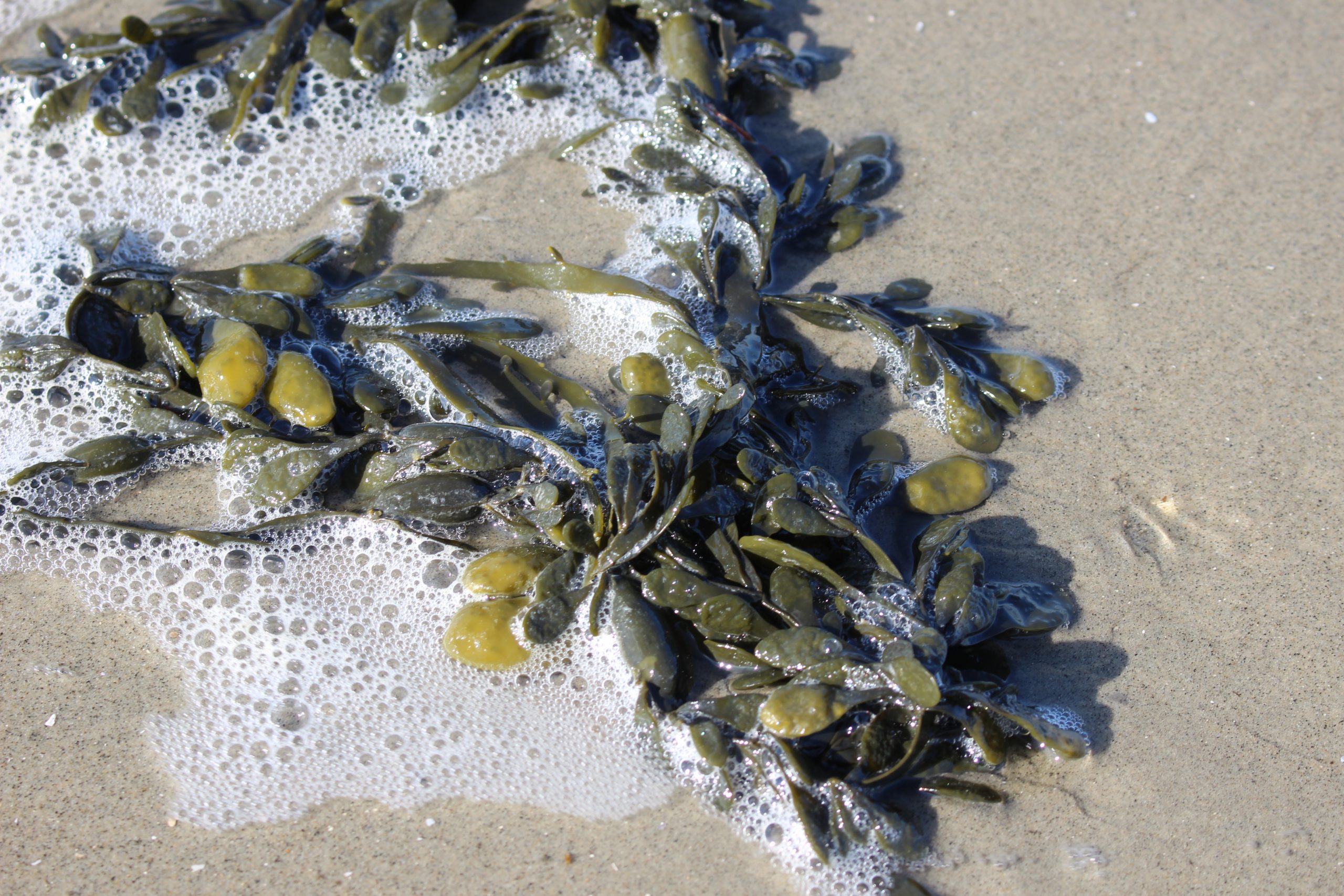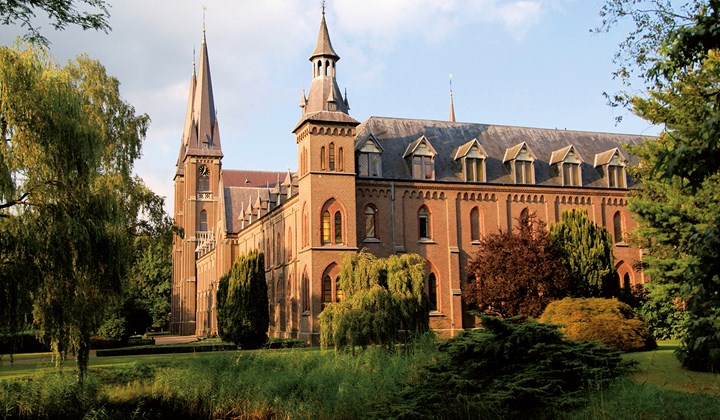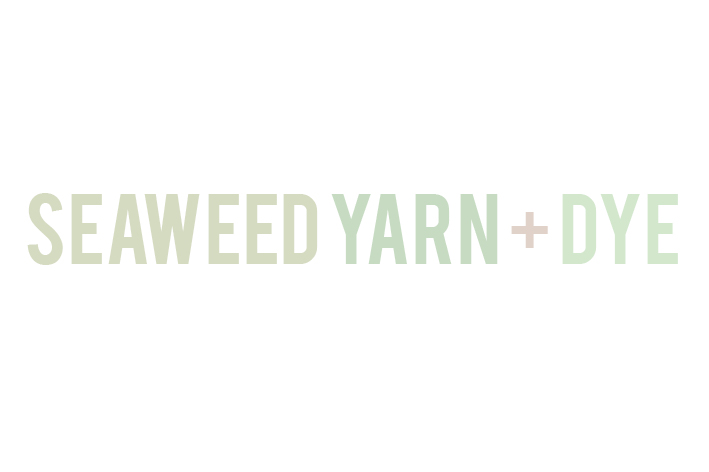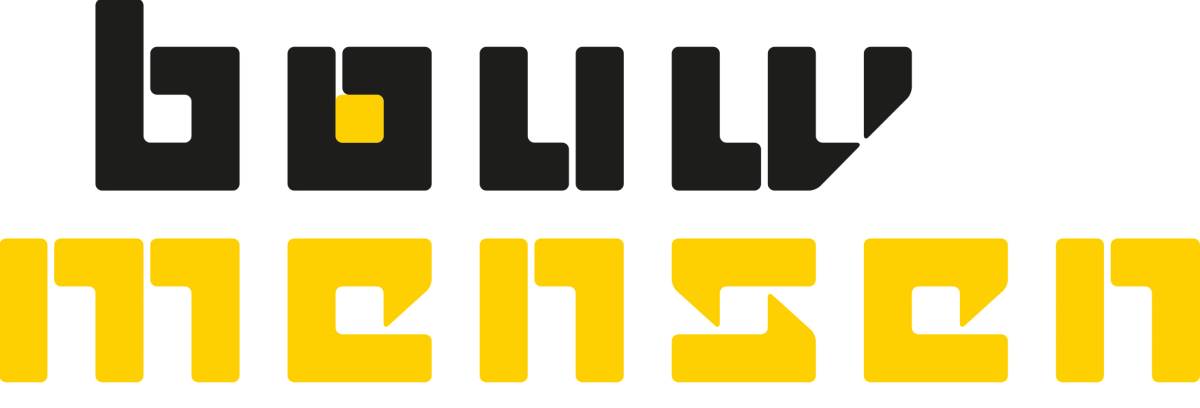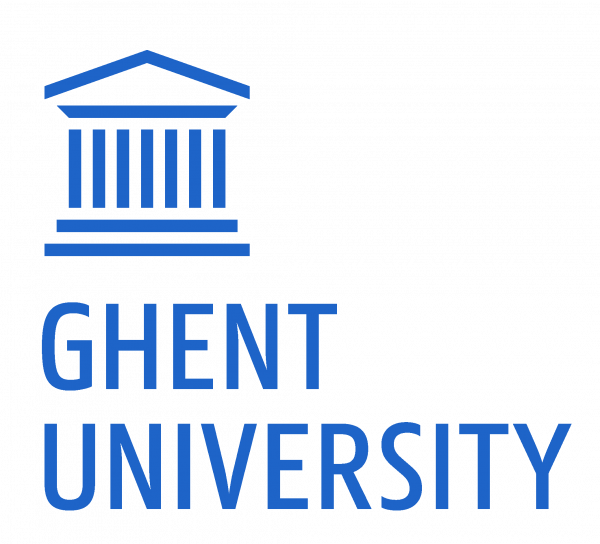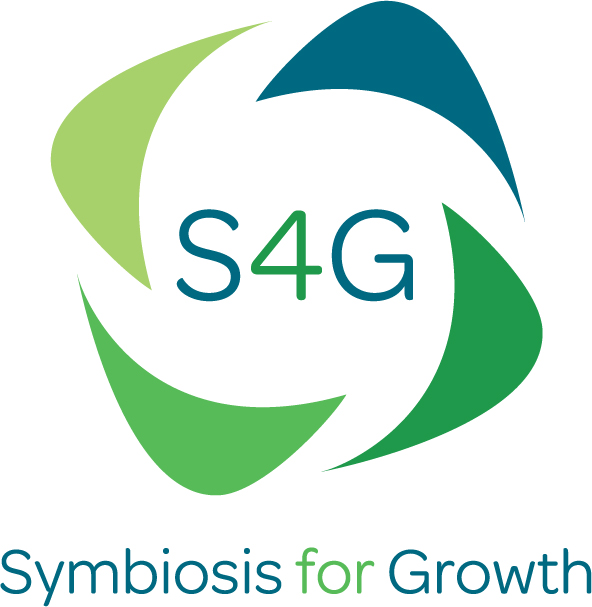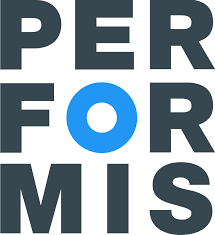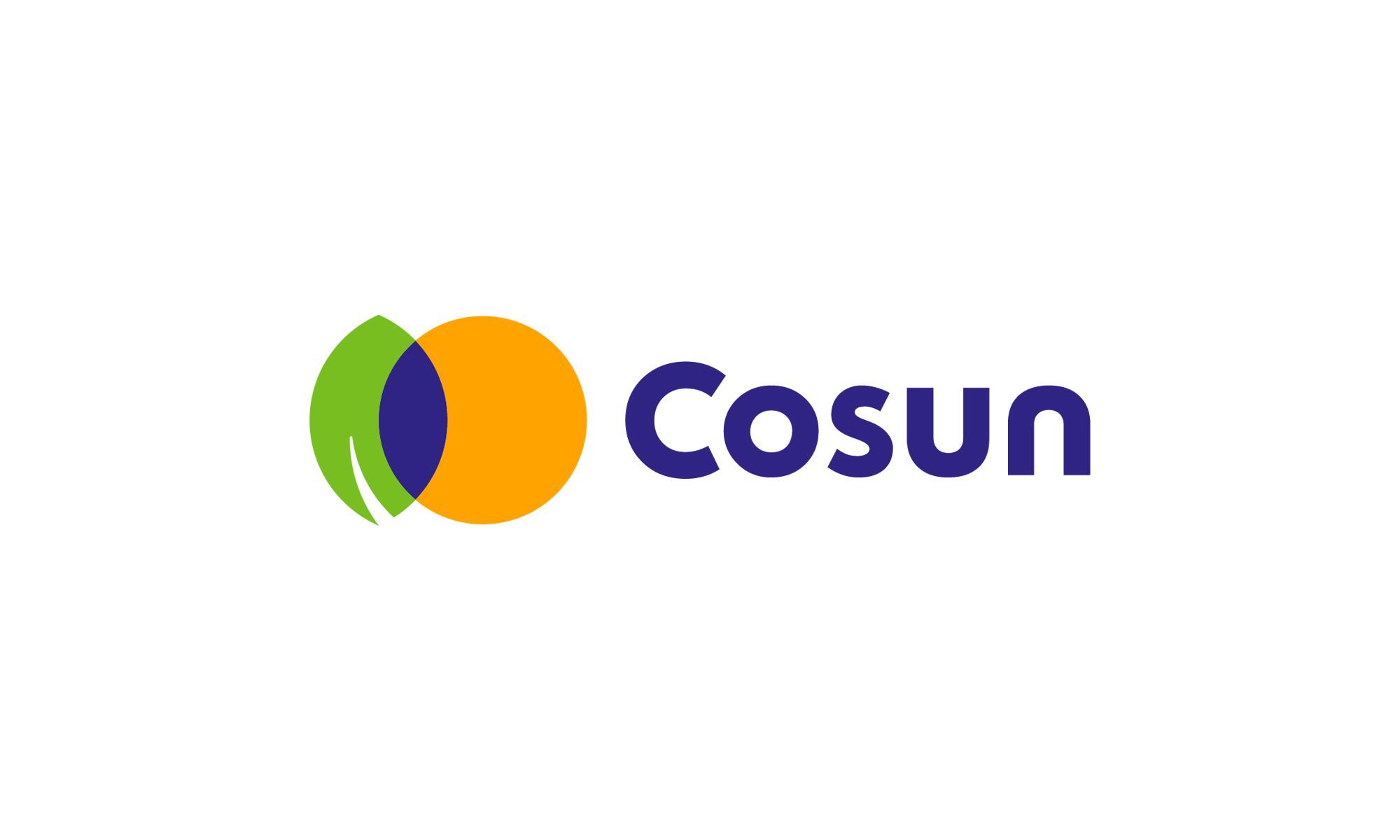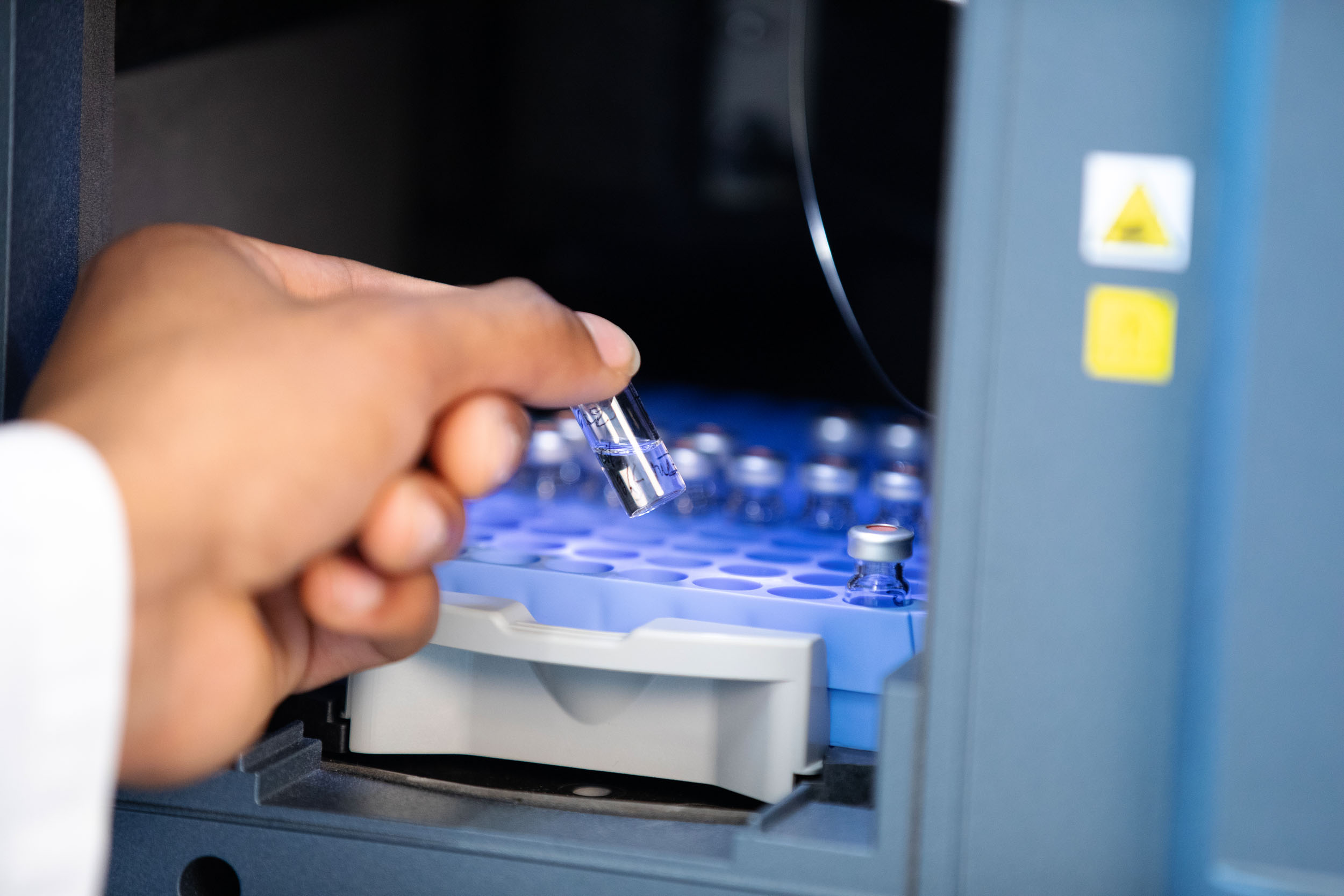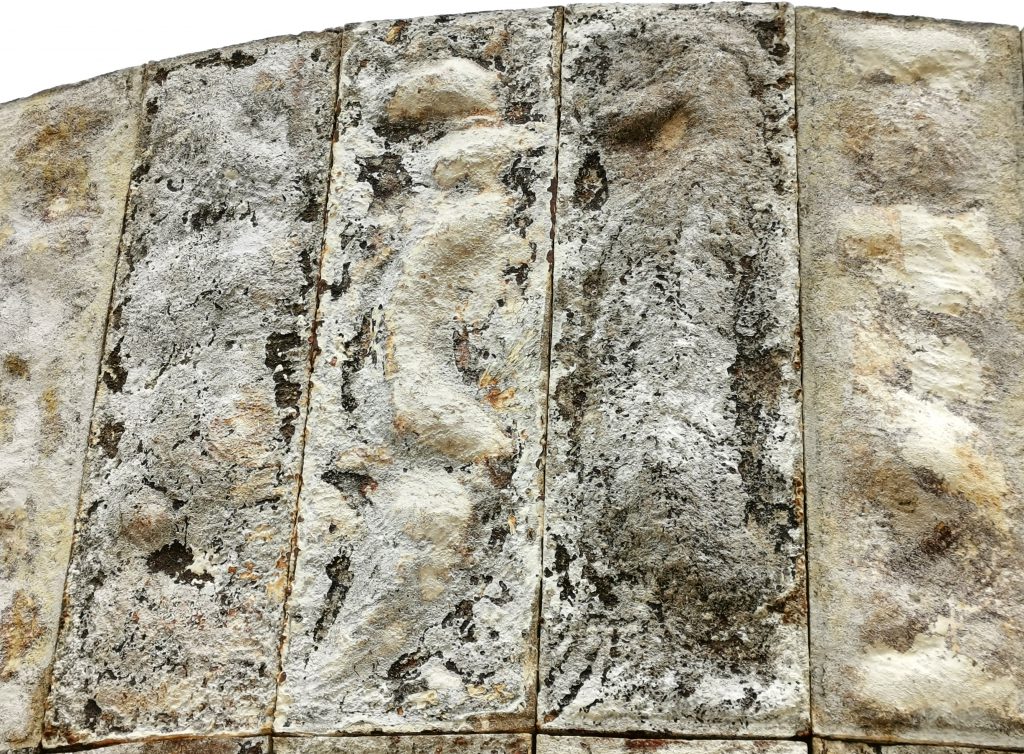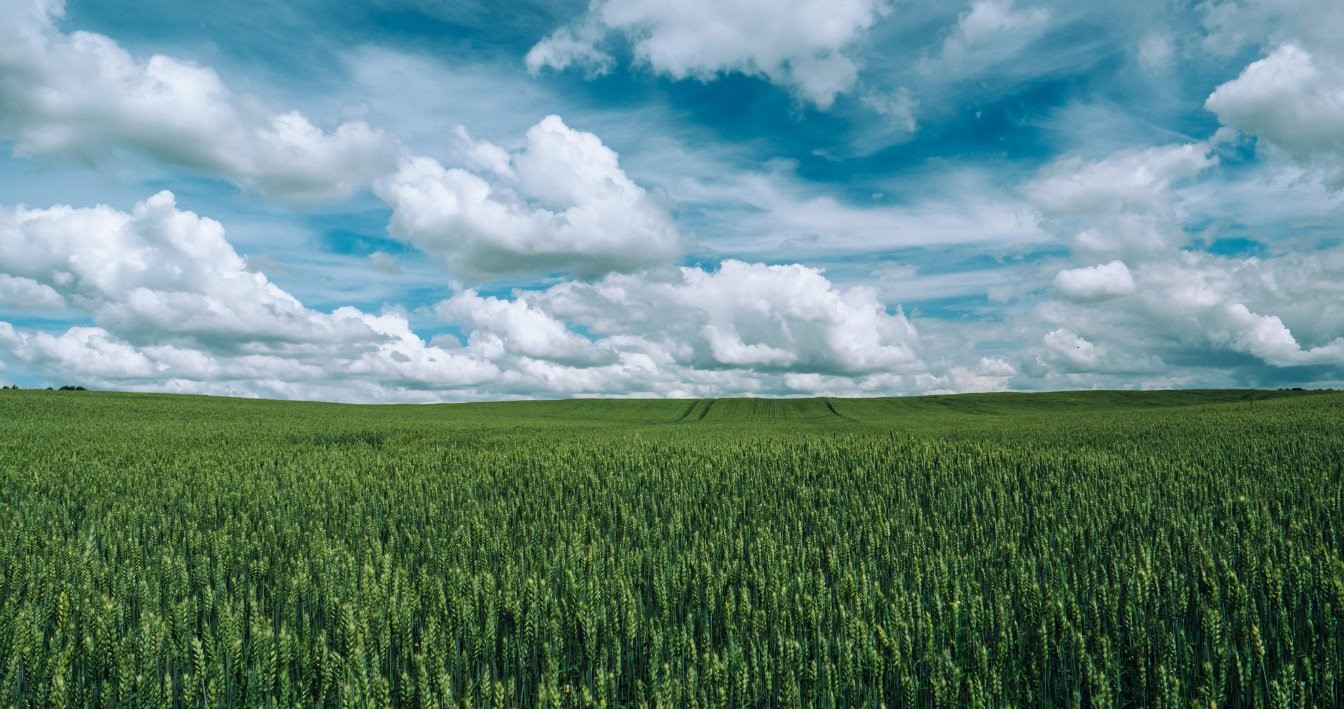Seaweed is known to contain many valuable substances. What is less known is that even the residual flows are an excellent raw material. Shared Research Center Biorizon and project partners will investigate in the ZCORE project over the next 3 years how seaweed waste flows can be used for the production of bio-coatings (paint) with superior properties compared to their fossil counterparts. This makes a positive contribution to greenhouse gas reduction; it strengthens the chemical industry and the open innovation network in the southern Netherlands.
 Climate agreement: fast-growing seaweed extremely suitable for reducing CO₂
Climate agreement: fast-growing seaweed extremely suitable for reducing CO₂
With the climate agreement, the Netherlands has committed itself to a greenhouse gas reduction of 49% in 2030 compared to 1990. For the chemical industry, this means, among other things, that by 2030 the share of biobased raw materials must almost quadruple compared to 2016 (from 4% to 15%). Seaweed is ideally suited for this: with an increase of 30% per day it is one of the fastest growing plants, due to cultivation at sea it does not compete for biomass growing on land. In addition to proteins for food applications algae contain , also inedible sugars that are currently not utilized. These inedible sugars can be a valuable raw material for chemistry.
40% of all chemicals are aromatic; the potential for greening is enormous
The sugars from residual flows of algae can be converted into bio-aromatics. 40% of all chemicals produced by the chemical industry are aromatic in nature. It concerns a worldwide annual volume of 122 million tons, worth over 115 billion euros and with an annual growth of 4-5%. Aromatics are used in plastics, paints, additives such as UV stabilizers and pigments, fibers, cosmetics, pharmaceuticals and food ingredients such as vitamins, colors and flavors. Aromatics have so far been extracted from petroleum and this negatively affects the climate. That is why finding renewable raw materials is urgent.
Shared Research Center Biorizon: The Way to Aromatics
Biorizon is the most advanced bio-aromatics research program in the world. Shared Research Center Biorizon, an initiative of TNO and VITO, has been developing technologies for the production of bio-aromatics at the Green Chemistry Campus in Bergen op Zoom since 2013. Together with partners from the industry, Biorizon creates and develops innovative chemical processes for the production of sustainable aromatics from biomass residual flows. The ZCORE project is a good example of this.
More durable and cheaper coatings with superior properties
In the ZCORE project (from Seaweed to COating REsin applications) seaweed waste flows are converted into bio-aromatics and these are tested in coatings, among other things. The coatings industry would like to develop a fully biobased coating in order to respond to climate objectives and market demand. The ZCORE project works specifically on 100% biobased alkyd resins (paint). Until now, a 50-60% of biobased ingredients was achieved because no bio-aromatics were available on a sufficiently large scale. ZCORE is changing this. In addition to the increase in sustainability, ZCORE also brings potential cost reduction because Biorizon has developed a unique shortened route for the production of functional bio-aromatics compared to the fossil production route. Finally, the bio-aromatics also bring improved properties including superior abrasion resistance, gloss and UV resistance.
These three advantages ensure that this bio-coating can compete with fossil-based coatings. With a global coating market of 4 Mtonnes on an annual basis, this means a huge breakthrough in the field of 100% biobased coatings and will accelerate the realization of a biobased economy.
ZCORE project partners represent entire value chain
In the ZCORE project, the entire value chain comes together for the value of seaweed in bio-aromatics and its application in coatings. The SME partners Sea Harvest Holland and Engineering Chemicals, together with 5 leading coating manufacturers, form an important link to practice with their knowledge of seaweed production and applications of bio-aromatics in industrially relevant applications (such as coatings). The knowledge institutes TNO, Avans and Maastricht University have leading knowledge and technology in the field of biorefinery, bio-aromatics production, coating resins and sustainability analyzes. In addition to being a base, the Green Chemistry Campus is also involved in the dissemination and interaction with SMEs.
Strengthening the biobased economy in the South of the Netherlands
The Southern Netherlands region has a unique potential to grow seaweed, unlock the biomass and make it suitable as a raw material for the chemical industry via (bio) chemical conversion technology. A large number of agro and chemical companies are located in the region and there are strong partnerships between knowledge institutes and industry. The biobased economy is a spearhead in the Regional Innovation Smart Specialization Strategy (RIS3) of the Southern Netherlands, with a focus on biobased raw materials and green building blocks.
The link between the knowledge platforms in the field of seaweed production and refining (Zeeland), bio-aromatic production (Brabant) and in the field of coating resins and sustainability (Limburg) within ZCORE results in a broadening and strengthening of the open innovation system.
South
The ZCORE project has a value of € 2 million and is made possible in part by the European Regional Development Fund and the provinces of Noord-Brabant, Zeeland and Limburg in the context of OPZuid.
More information or participate?
- For more information about the ZCORE project, please contact project leader Bastian de Bes via debes@tno.nl or +31 (0) 88 86 61418.
- Interested companies can contact us to discuss the possibilities for participation. For example, testing samples of bio-aromatics in applications.
- To be kept informed of developments within the ZCORE project and other bio-aromatics projects, join the Biorizon Community free of charge at https://www.biorizon.eu/community/
20200101 until 20221231




